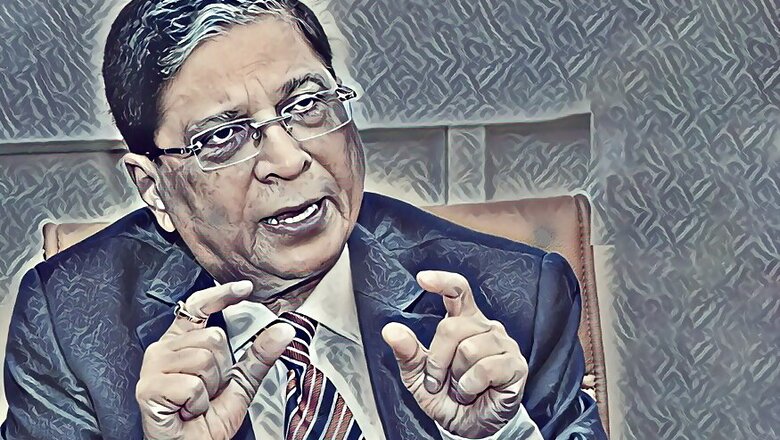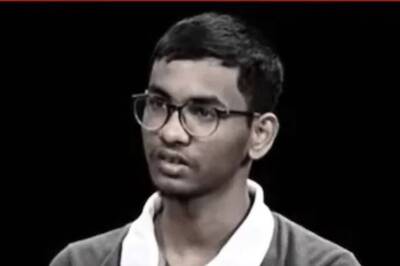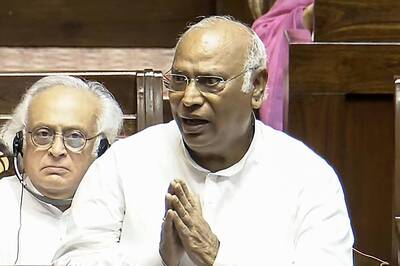
views
New Delhi: At a time when recent developments have ignited a debate over hearing of sensitive cases reportedly by some select benches, the Supreme Court has held that seniority of judges cannot have any bearing on the kind of cases he or she should hear.
"Seniority in terms of appointment has no bearing on which cases a Judge should hear," ruled three-judge bench, headed by Chief Justice of India Dipak Misra.
Authoring the verdict on behalf of the bench, Justice DY Chandrachud called it a "misconception" that certain categories of cases or certain courts must consist only of the senior-most in terms of appointment.
"To suggest that any Judge would be more capable of deciding particular cases or that certain categories of cases should be assigned only to the senior-most among the Judges of the Supreme Court has no foundation in principle or precedent," declared the bench, also comprising Justice AM Khanwilkar.
The bench clarified this principle while dismissing a PIL, which sought a direction that the CJI-bench should include the two most senior colleagues and further that the Constitution Benches should also comprise the five most senior judges.
"There is no constitutional foundation on the basis of which such a suggestion can be accepted. For one thing, as we have noticed earlier, this would intrude into the exclusive duty and authority of the Chief Justice to constitute benches and to allocate cases to them," held the Court.
It underlined that every judge appointed to this Court under Article 124 of the Constitution is invested with the equal duty of adjudicating cases, which come to the Court and are assigned by the Chief Justice.
"Once appointed, every Judge of the Court is entitled to and in fact, duty bound, to hear such cases as are assigned by the Chief Justice...It is a settled position that a judgment delivered by a Judge speaks for the court (except in the case of a concurring or dissenting opinion)," added the bench.
The Court emphasised that to hold otherwise would be to cast a reflection on the competence and ability of other judges to deal with all cases assigned by the Chief Justice notwithstanding the fact that they have fulfilled the qualifications mandated by the Constitution for appointment to the office.
"Judges drawn from the High Courts are appointed to this Court after long years of service. Members of the Bar who are elevated to this Court similarly are possessed of wide and diverse experience gathered during the course of the years of practise at the Bar," it maintained.
The Court's mandate is crucial given the fact that questions have been raised as to whether the politically sensitive and important cases were allocated by the CJI to some select benches.
Further, it has also been raised as an issue as to why the Constitution Bench, which is heading the Aadhaar case and has nine more important cases in the list, did not include any of the four most senior judges.
Justice Chandrachud, who has authored this judgment, is a part of the Constitution Bench.
Issue of allocation of cases had also been raised by these four judges in a press conference in January, following which the CJI has put the roster in public domain.



















Comments
0 comment